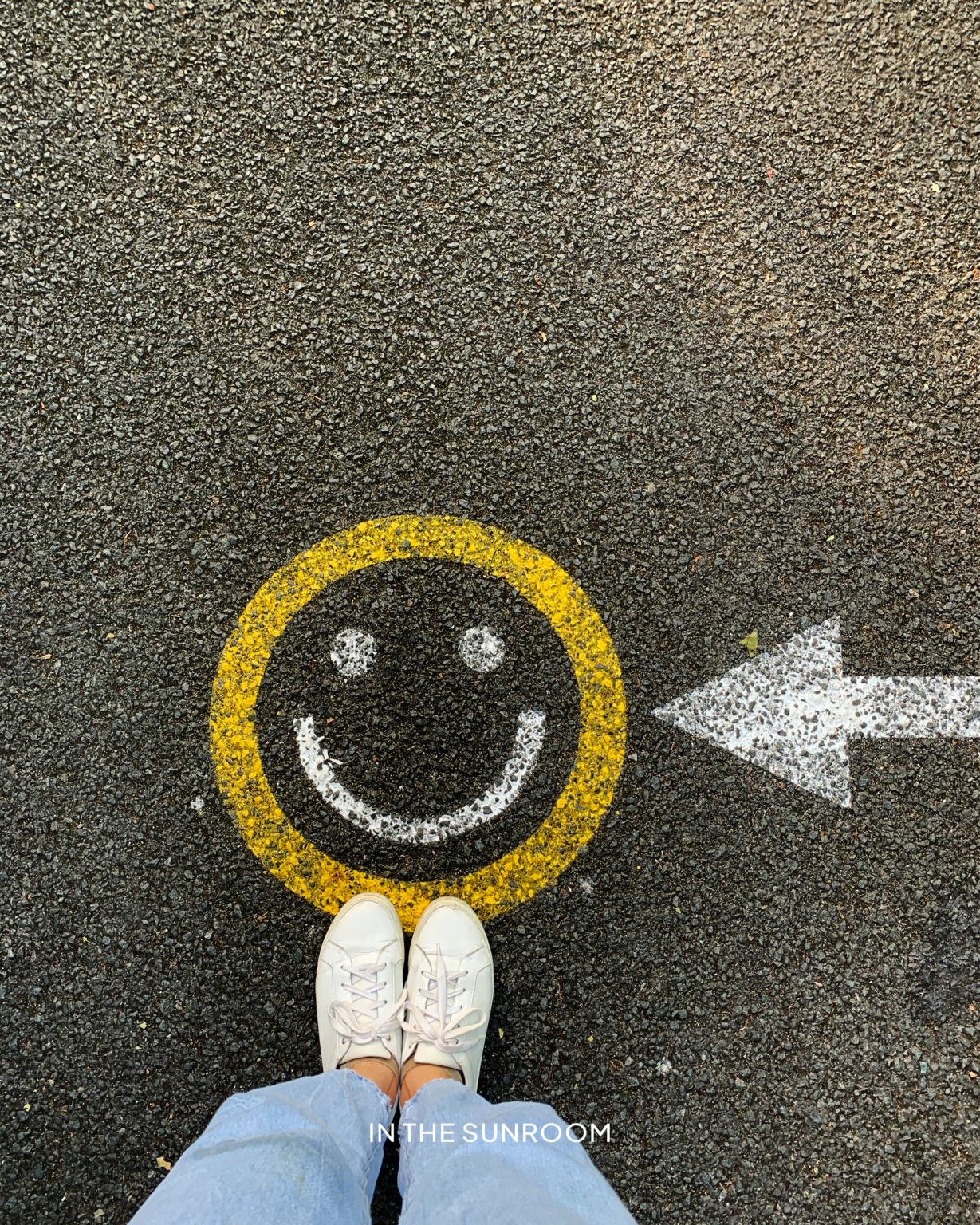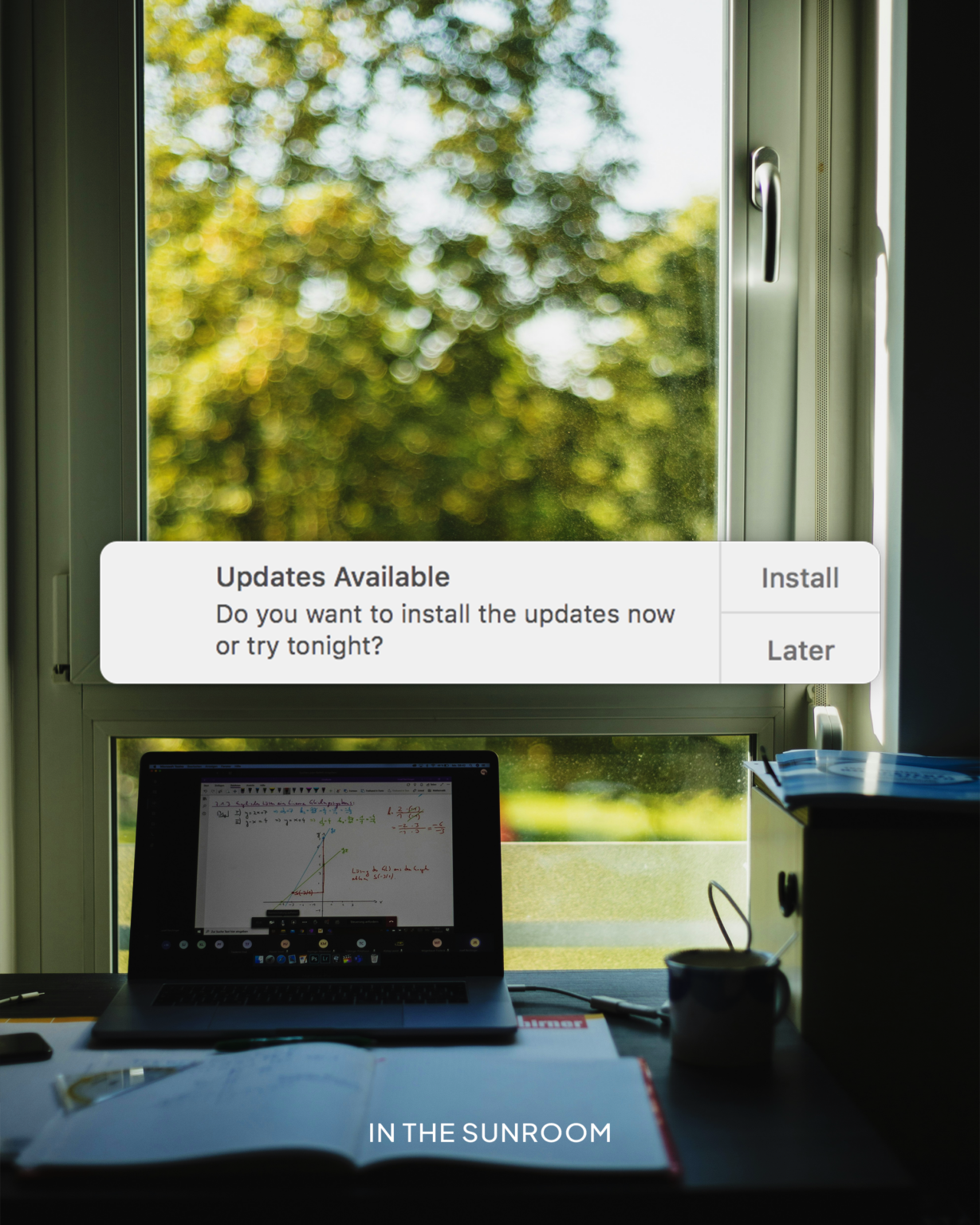Personal branding for educators is focused on shaping the future of ideas and how you do it.
Do you remember your teachers in school? I do. My most memorable one is Farshad Derakhshandeh-pour. He taught Economics and boy, was he a character. Although I may have gained more knowledge from others along the way, his personal brand made an impact on how I viewed learning in general, which is such a privilege.
When we think of personal branding, our minds often go straight to entrepreneurs, influencers, or creatives. Rarely do we associate it with educators. Yet, if there’s one profession where personal branding can make an incredible impact, it’s in education.
As educators, you aren’t just delivering lessons—you’re shaping the future of ideas. The way you show up, communicate, and connect as an educator is, in essence, your personal brand. And while it might not come with a flashy logo or a catchy tagline, your personal brand shapes what you do and, more importantly, how you do it.
Here’s what I’ve learned about the role of personal branding in education and how it can transform your work, your relationships with your students, and how far your teaching goes.
Table of Contents
Personal Branding: What It Means for Educators
Let’s start with this: personal branding for educators isn’t about self-promotion. It’s about clarity, consistency, and connection.
Your personal brand is the unique combination of your values, teaching philosophy, and communication style. It’s what makes you memorable to your students, trusted by their families, and respected by your peers.
Many educators feel hesitant about the idea of branding. “I’m not trying to sell myself,” one teacher told me. But the reality is that personal branding isn’t about selling—it’s about showing. Showing who you are, what you stand for, and how you make a difference.
Takeaway: Your personal brand is the message you send through your actions, words, and presence. Don’t save it for show-and-tell day.
How Personal Branding Shapes What You Do
Your personal brand influences every decision you make as an educator. From the resources you use to the way you structure your classroom, your brand acts as a compass, guiding your choices.
My mum was a Montessori educator whose brand is all about fostering curiosity and independence and she incorporates hands-on projects, open-ended questions, and student-led discussions into her teaching. Everything she does reflects her belief that learning is a journey, not a checklist.
Another teacher in the same school focused on inclusivity. His brand was built on the idea that every student deserves to feel valued and seen. This shaped what he did in countless ways—from designing culturally responsive lessons to creating a classroom environment where differences were celebrated.
Action Step: Reflect on your values and teaching philosophy. How do they shape the decisions you make every day?
How Personal Branding Shapes How You Impart Your Values
What you do as an educator is important, but how you do it is what leaves an impression—and trust me, it does.
Once, I had to write a short paragraph on “What do you want to be when you grow up?” and I thought then that being a housewife was a pretty cool job. My mum was a housewife at the time—and 7-year-old Michelle thought that that was cool only to be met by “Housewife is not a real job. You need to rewrite it!” Ahh, I remember holding back my tears in school and running home to ugly-cry about it later that day. I remember the teacher very well. And if this happened today, it would have easily been sensational news.
The lesson of this story is that the memory of how you make someone feel may last a lifetime. Your personal brand shapes how you make students, parents, and colleagues feel. So, make sure that it reflects the values that matter to you most.
I remember a math teacher whose values were rooted in having fun when learning. He approached his work with humorous anecdotes and games to help students enjoy the process of learning. Contrast that with another math teacher whose brand emphasized excellence. It showed in the way she spoke to her students—some of us called it “tough love.” When she taught, she made us feel like we were in a disciplinary boot camp instead of a math class.
Pro Tip: Be intentional about how your actions reflect your brand. Your tone, body language, and communication style all contribute to how others perceive you.
“The memory of how you make someone feel may last a lifetime. So, make sure that it reflects the values that matter to you most.”
The Impact of Personal Branding on Relationships
Education is relational. Your ability to connect with students, parents, and colleagues is directly influenced by your personal brand.
I’ve seen educators use their branding to build incredible relationships. A tutor I once had was known for her frankness and inclusivity. Her students adored her because she made everyone feel seen and heard, and we trusted her because she communicated with authenticity and warmth.
On the other hand, another tutor I knew of built her brand around transparency and leadership. Her open communication style earned her the respect of her peers and created a sense of trust within the school community.
Action Step: Think about the relationships you’re building. Does your personal brand strengthen trust, connection, and collaboration?
The Challenges of Personal Branding in Education
Of course, personal branding isn’t without its challenges. Educators often face pressure to conform to certain expectations or policies, which can make it difficult to stay authentic.
A professor I once had had to balance his role as a member of the faculty and his passion for political activism. It was not an easy act. If left to the rigidity of an education establishment, his syllabus would not have inspired the number of us pursuing journalism as a major. But rebel was his brand and rebel, he did. His solution? He spent additional hours with some of us to enable exposure to journalism beyond theories through his personal contacts.
Another challenge is balancing vulnerability with professionalism. Sharing your authentic self is important, but it’s equally important to maintain boundaries. One of the best educator-turn-content creators I’ve seen is Fathi Hussein, who knows where to draw the line when it comes to online criticism while maintaining his professionalism as an educator. There is the Everyman archetype theme across his pages and it is one that appeals to many students.
Pro Tip: Find ways to integrate your personal brand within the constraints of your role. Authenticity doesn’t mean breaking the rules—it means finding ways to express your values within them.
Why Personal Branding Matters for Your Growth
Your personal brand isn’t just for your students or colleagues—it’s for you. It’s a reflection of who you are and who you want to become as an educator.
I’ve seen teachers use personal branding to grow their careers in amazing ways. From building a following on social media to publishing books to becoming sought-after speakers, their brands opened doors because they were clear about their identity and message. However, I believe that it needs to be clear from confusion.
An educator, who is also a content creator, crossed the line when filming sponsored content for her social media using the personal effects of her students as props. This sparked the question of violation of the privacy of her students and parental consent. She has since taken down said video and many other videos involving her students.
While it is commendable to have built her brand as an educator in the online sphere, it is important to be clear that these areas do not undermine one or the other.
Action Step: Think about your long-term goals as an educator. How will your personal brand support those goals?
Personal Branding Is a Reflection of Your Impact
Personal branding for educators isn’t about creating a persona—it’s about amplifying your impact. It’s about being intentional with how you show up, what you stand for, and how you connect with those you serve.
No two educators have the same story, values, or approach—and that’s what makes personal branding for educators so powerful. Your brand is a reflection of your unique contribution to the world of education.
So, if you’re an educator wondering whether personal branding is worth the effort, my answer is simple: absolutely. Your brand shapes what you do, how you do it, and the legacy you leave behind. And in a profession as meaningful as education, that’s a legacy worth building.
Class dismissed!










